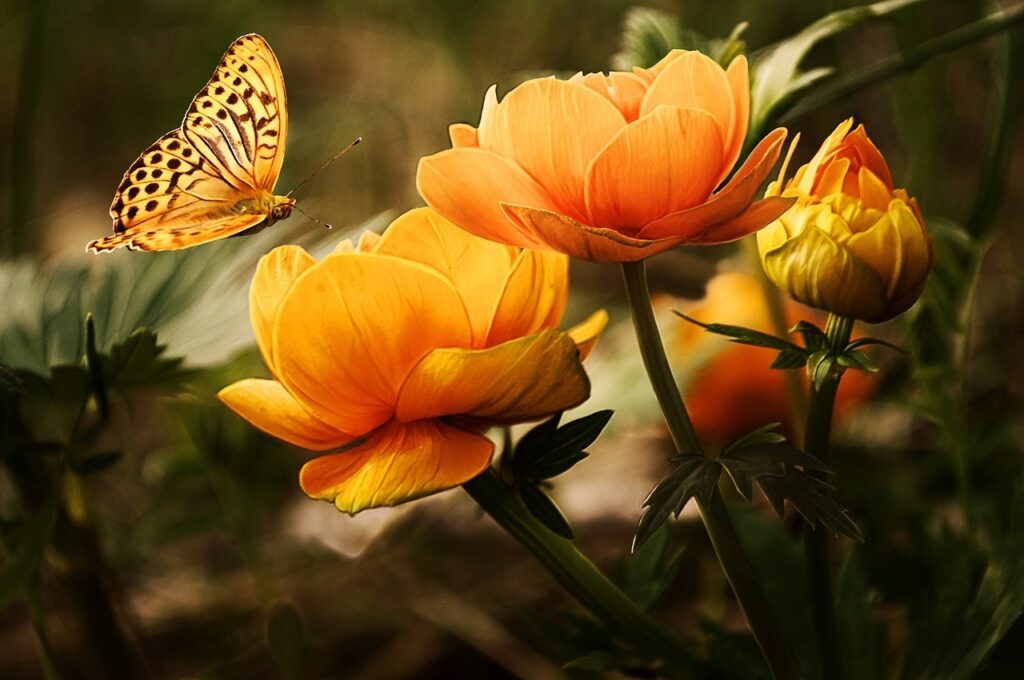The concept of karma is deeply rooted in various cultural and spiritual practices across Asia. Here are some specific practices that tie into the concept of karma:
1. Hinduism:In Hinduism, karma is a central belief that emphasizes the law of cause and effect. The practice of dharma, or righteous duty, is closely linked to karma, as individuals are encouraged to perform their duties according to their station in life without attachment to the results, believing that their actions will determine their future destiny. The practice is exemplified by insistence on performing duties ( Dharma) and acting selflessly ( Karma Yoga ) by serving others with out attachment or personal goals .
2. Buddhism:Buddhism also places great importance on the concept of karma. The practice of mindfulness and the Noble Eightfold Path are key elements of Buddhist teachings, emphasizing the idea that one’s intentions and actions have moral consequences that shape their future experiences and existence through the cycles of rebirth. In Buddhism mindfulness and cultivating wholesome intent that builds Karmic imprints is practiced and taught .
3. Taoism:In Taoism, the concept of karma is tied to the natural order of the universe. The practice of following the Tao, or the “Way,” encourages individuals to align themselves with the flow of nature and live in harmony with the rhythms of life, recognizing that each action carries with it its own consequences within the interconnected web of existence. The subjects are preached to live in harmony with nature and believing that one’s actions have rippling effect on environmental and living g beings . Also embracing non interference ie Wu-wei that allows natural flow of life allowing things to happen naturally and understanding the karmik implications of forced or artificial actions .
4. Jainism:Karma holds significant importance in Jainism, where the practice of ahimsa, or non-violence, is central to the concept of karma. By avoiding harm to any living being, Jains seek to accumulate positive karma and break free from the cycle of birth and rebirth. They preach and practice minimalist life style and thus reduce negative karmic imprints fostering a sense of compassion and non attachment .
5. Shinto: In Shinto, an indigenous Japanese spiritual tradition, reverence for nature and the spirits of ancestors is deeply ingrained. The practice of performing rituals and ceremonies to honor the kami (spiritual forces) reflects a belief in the reciprocal relationship between humans and the natural world, where actions and intentions impact one’s spiritual connections. Honouring ancestors and sprits is the way to understand the karmic reciprocity between human and spiritual forces . They also practice environmental stewardship for a natural balance of habitats through least exploitation.
These cultural and spiritual practices exemplify the diverse ways in which the concept of karma is woven into the fabric of traditions across Asia, demonstrating its profound influence on ethical behavior, moral responsibility, and the understanding of cause and effect within the human experience.
Karmic way of life style across Asia is reflected in daily practice , ethical behaviour and spiritual practices reflecting a deep understanding of interconnection between morale consequences of their own deeds and life.

